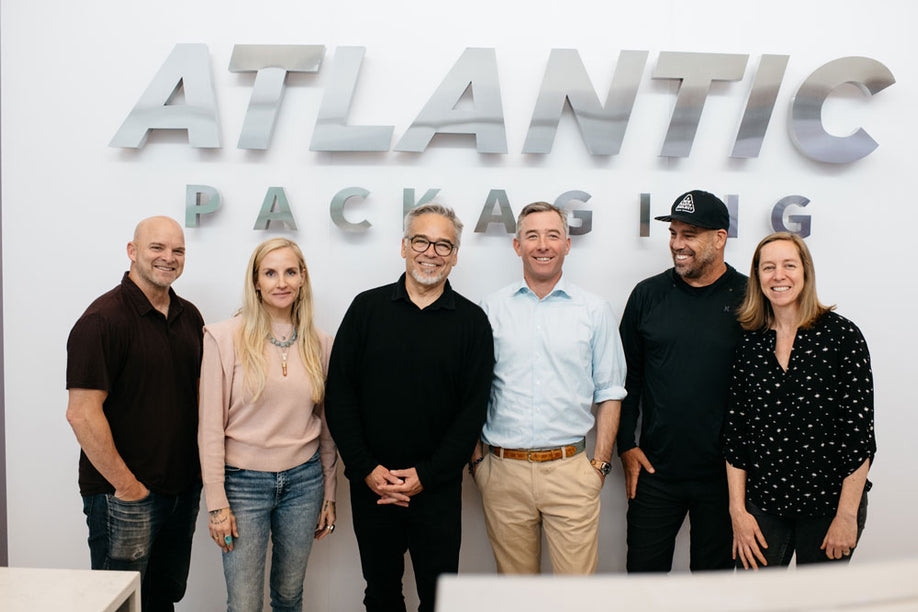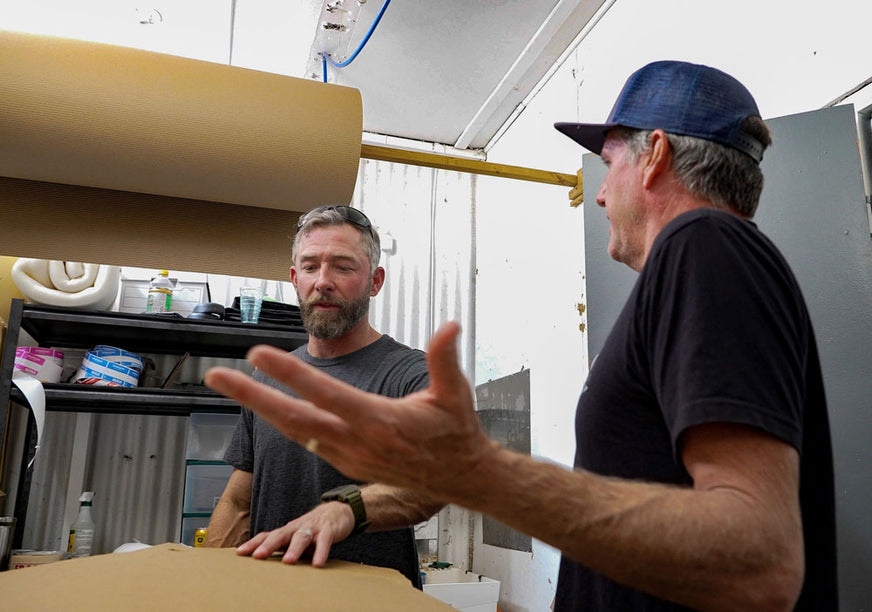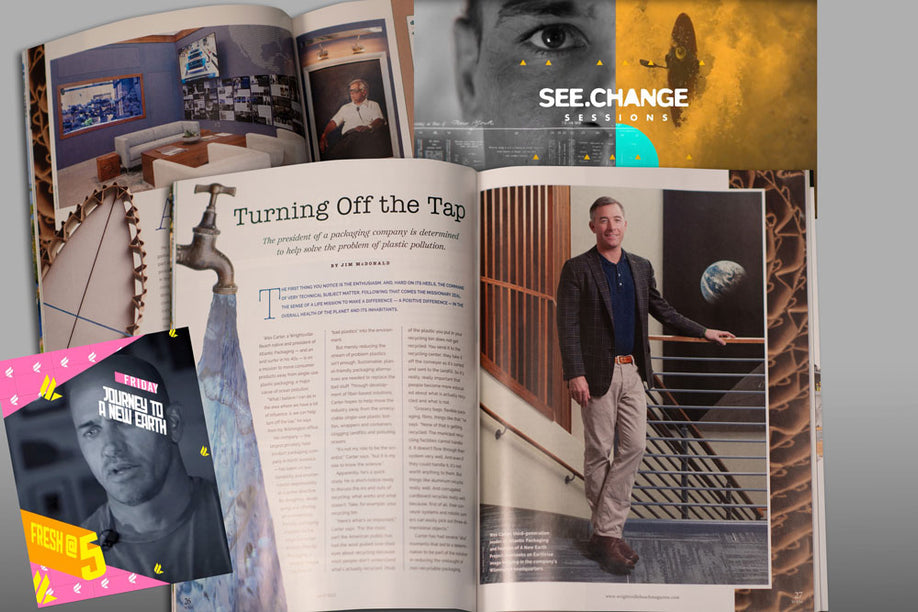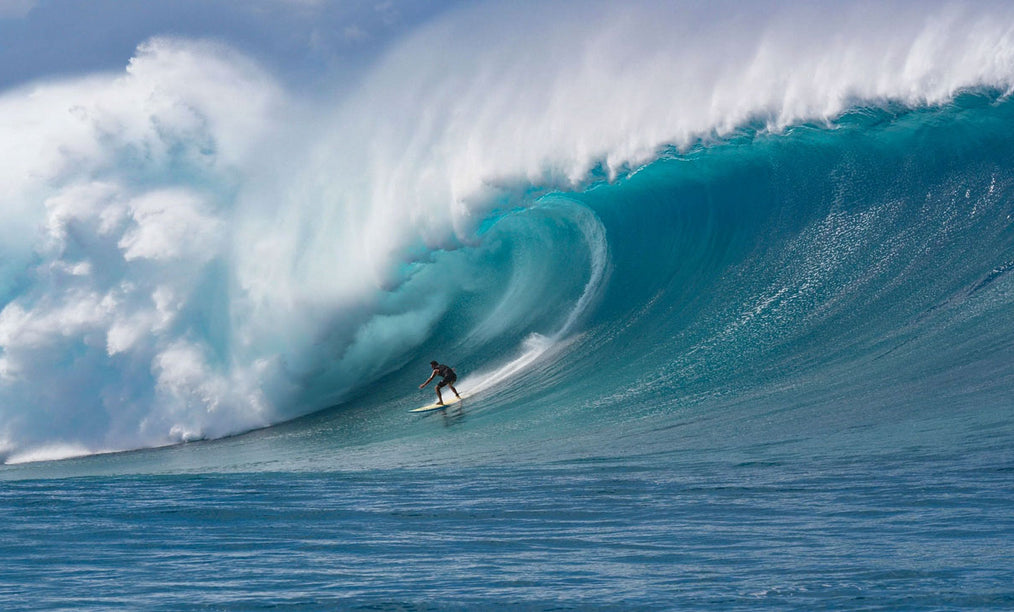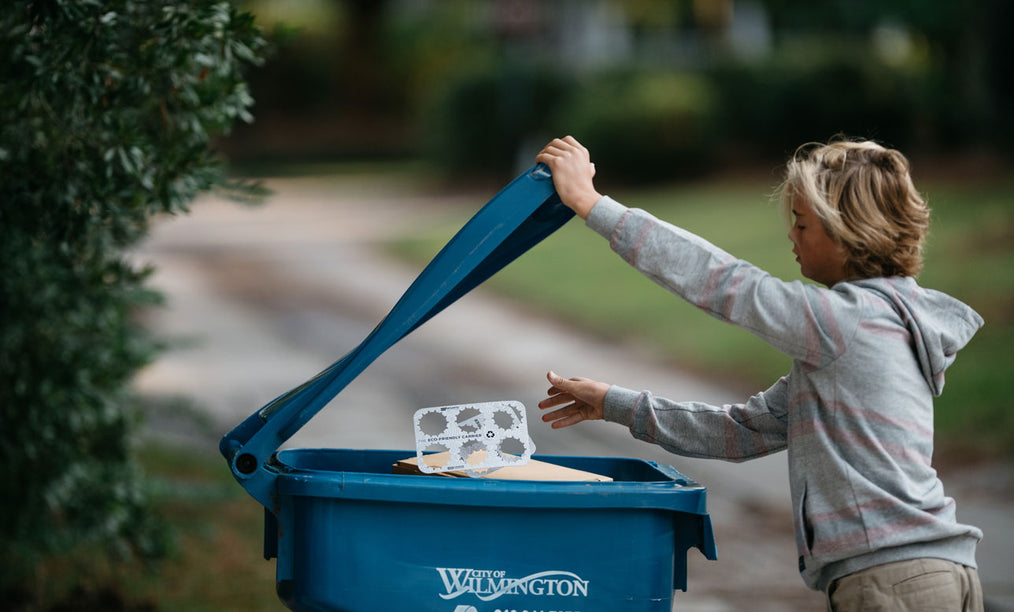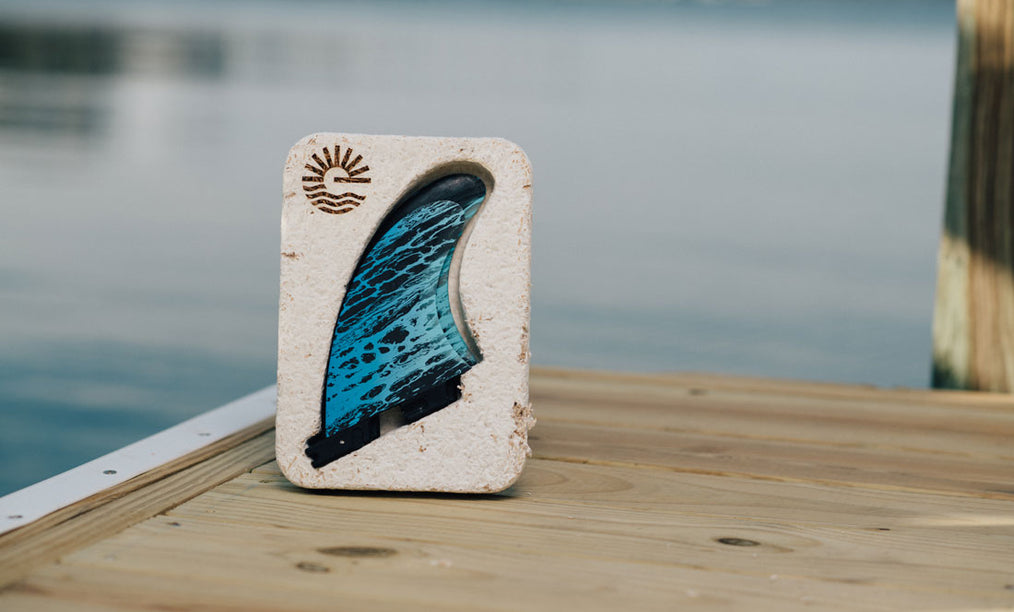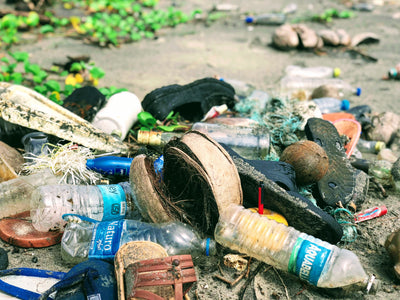In our fight to rid the world's oceans of plastic pollution a huge and obvious first phase is grasping where the vast majority of the waste leakage is coming from and why.
For that very reason, it's high time we pay attention to what's happening in the Philippines.
While we've known for some time thar rivers in Asia are a huge source of the problem, the latest study offers a much clearer picture. What we now know is the Philippines, more than mainland Asia, is ground zero when it comes to ocean-bound plastics.
Seven of the top ten rivers feeding plastics into our oceans are in the Philippines
All told, the archipelagic nation is contributing more than 30% of the plastic flowing into our oceans globally. The Pasig River alone, which bisects the capital city of Manila, accounts for 6.4%.

These startling findings were released last year by a team of scientists following up on previous studies from 2017, which put the spotlight on the most polluted rivers in Asia.
Back in 2017, separate studies by Christian Schmid and Laurent Lebreton pointed in the same direction, but varied significantly in nuance. Schmid's findings contained the more sellable headline. That study concluded 90% of ocean plastics were coming from just 10 rivers in Asia. The convenient narrative helped the media (and environmental groups) make some good hey with the story.
Lebreton's study found results that were similar to Schmid's, but pointed to a problem that was wider spread.
Last year, both Schmid and Labreton joined a new group, led by Laurens Meijer, Tim Van Emmerick, and Rud Van Der Unt. Together they scoured all of the data gathered using far more sophisticated, higher-resolution modeling of riverine plastics. These scanning techniques provided a much clearer picture of the problem for the authors.
The big surprise this time around was the magnitude of the problem in the Philippines
In previous studies only one river in the Philippines made the top ten list. This time around, however, the higher-resolution imaging provided greater data around the key drivers of waste reaching the sea, such as wind, precipitation patterns and river discharge, as well as the slope of the terrain and various types of land use.
The Philippines jumped out not only because its big population centers plagued loose waste sit on rivers, but because no matter where you are in the Philippines you're essentially a stone's throw away from the ocean. This study also confirmed that smaller rivers play a much larger role than previously thought.

When trash doesn't have to travel far to reach the ocean it has a far better shot of making it there
Back on land, Filipinos are drowning in plastic for several reasons: like many developing nations, a legitimate waste management system is a luxury they just don't have. The political landscape there is also fragile and inefficient.
Being an archipelagic nation of 7647 islands makes all of this even more difficult to manage.The whole nation also resides in the typhoon belt, which means their loose trash gets blown all over the Pacific once it reaches the water.
As for the blame game we can point our fingers at local governments all we want, but make no mistake, this is a global problem, especially since developed nations are the ones selling and shipping Filipinos the vast majority of plastic.
When we let our multinational companies import single-use plastics to developed nations while knowing these countries don't have the infrastructure to manage the waste, we're the problem
Naturally, it'll take a global commitment to fix them, whether it's launching robust extended producer responsibility (EPR) programs or outright bans on the importation of single-use-plastics, but as of now this problem is getting worse, not better.

Yes, this a very very complicated, especially given all the headwinds and challenges involved: political, geographic, economic, logistic, but on the flip side it's also very concentrated, and therein lies the global opportunity to face this challenge head on.
The entire country is roughly the size of Arizona, with natural boundaries that could make it the perfect laboratory for a global cure to the plastic pollution problem in our oceans.
What if the world could rally to help them become the beacon of sustainability?
Coming together to solve the Philippines problem should be our ocean cleanup moonshot
There are certainly easier tasks we can (and should) tackle first to get our feet under us. But this should be our North Star. If we tip the Philippines plastics problem over, we'll make real progress in cleaning up our oceans, and have a scalable model we can bring to the rest of the world.
Something to think about.

